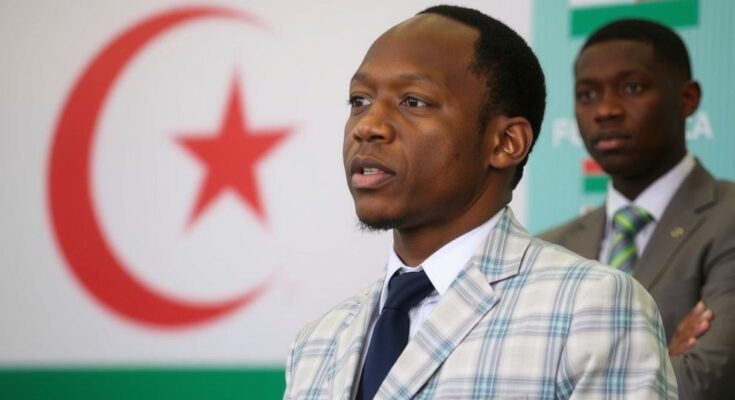The United Nations has launched a committee of Libya experts to resolve electoral disputes and facilitate national elections, following a stalled political process since 2021. The committee aims to address issues in electoral laws and establish a timeline for elections amid skepticism from the populace about politicians’ true intentions. UNSMIL remains dedicated to fostering national reconciliation and unifying military institutions.
The United Nations has initiated a new effort to address the longstanding electoral issues in Libya by establishing a technical committee composed of experts in the field. This move aims to navigate the contentious matters surrounding electoral laws and facilitate the necessary conditions for national elections, as stated by Stephanie Koury, the acting head of the U.N. Support Mission in Libya (UNSMIL).
The political process, which has been at a standstill following the collapse of the elections originally scheduled for December 2021 due to disputes regarding candidate eligibility, is now set to be revived. The committee is tasked with formulating strategies to expedite the electoral process while proposing necessary guarantees and a clear timeline. Furthermore, the acting head emphasized that UNSMIL remains committed to promoting the unification of Libya’s military and security sectors as part of broader national reconciliation efforts.
The backdrop to this initiative is a decade-long conflict in Libya that began after the NATO-backed uprising in 2011. Since then, the country has experienced substantial instability, resulting in a division between governance in eastern and western regions. Despite a U.N.-backed Government of National Unity led by Prime Minister Abdulhamid al-Dbeibah being established in 2021, its legitimacy has been challenged by parliament, complicating the path to elections that al-Dbeibah insists must occur before any transfer of power.
This renewed focus on the electoral process reflects the ongoing skepticism among the populace regarding the intentions of political leaders. Many Libyans believe that while political figures publicly endorse elections, their true motivations may lean toward preserving their authority rather than enabling a democratic process. “UNSMIL will also continue to work to help advance the unification of military and security institutions and, with partners, advancing national reconciliation,” Koury noted in her statements.
Libya has faced significant turmoil since the fall of Muammar Gaddafi in 2011, leading to a fragmented political landscape characterized by competing factions governing different regions. The U.N. has sought to mediate the conflict through various means, including establishing a unity government in 2021, but political disagreements have hindered progress. The scheduled national elections intended for December 2021 never materialized, primarily due to disputes over candidate qualifications, leaving the country in a state of political limbo and fostering distrust among its citizens regarding the sincerity of the political elite’s commitment to electoral democracy.
In summary, the U.N.’s establishment of a technical committee to tackle electoral issues in Libya represents a significant step towards resolving the enduring political stalemate. With a focus on addressing contentious electoral laws and ensuring the timely execution of national elections, this initiative highlights the ongoing commitment of the U.N. to support Libya in achieving long-term stability and reconciliation. Nevertheless, skepticism among the Libyan populace regarding the intentions of the political elite poses a challenge to these efforts.
Original Source: www.voanews.com




